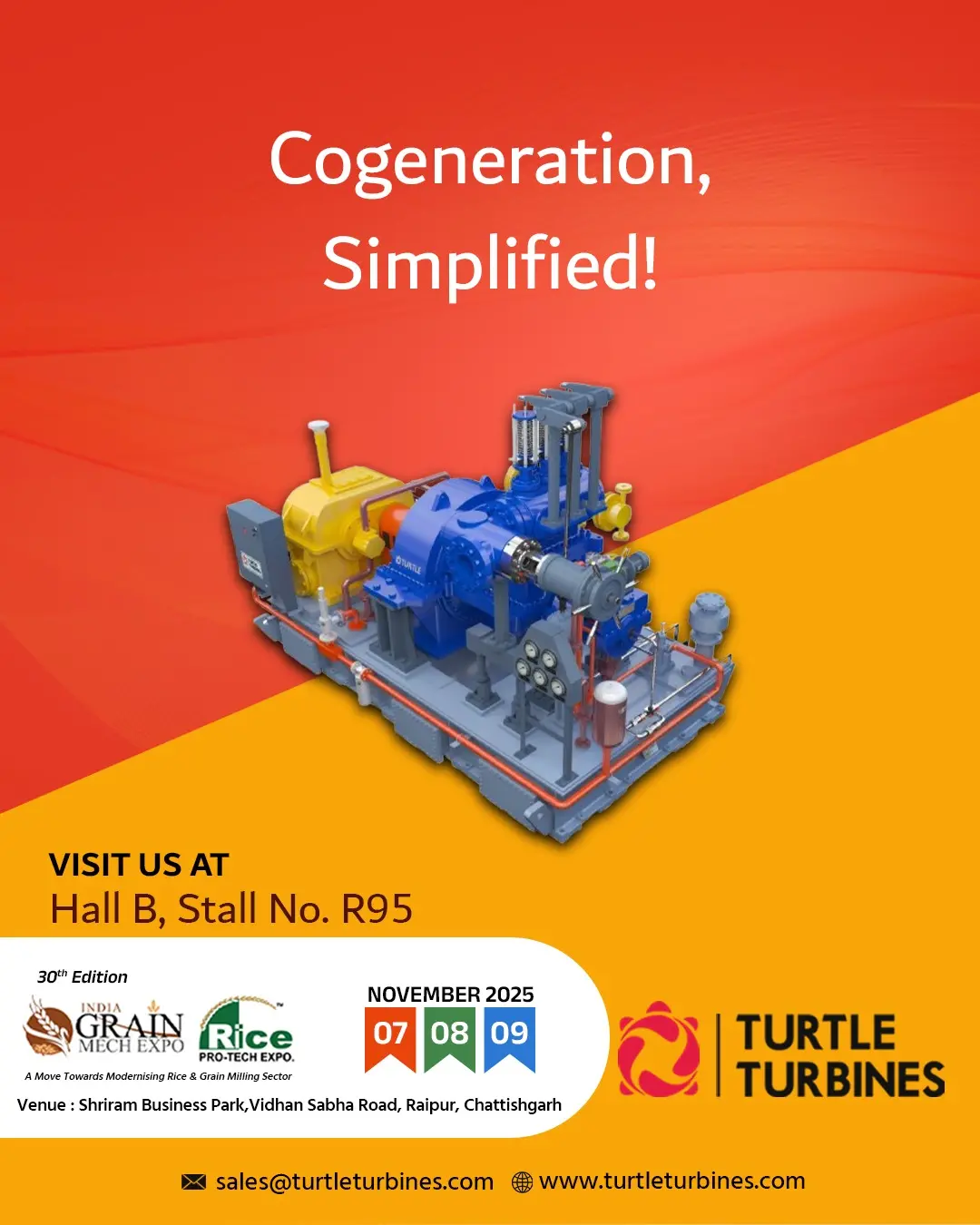Municipal waste management is evolving with new technologies that convert waste into energy, reducing environmental impact. Transforming municipal waste with pilot incineration technology is one such innovation, offering an efficient way to manage waste. This method involves burning waste to produce steam, which can then power a steam turbine to generate electricity. Pilot incineration plants play a crucial role in testing and refining this process, ensuring that the energy produced from waste is both sustainable and efficient.
The integration of a steam turbine into the waste incineration process maximizes energy recovery, making it an eco-friendly alternative to traditional waste disposal methods. Transforming municipal waste with pilot incineration technology not only reduces the volume of waste but also generates steam, which can be used to produce electricity through the steam turbine. This energy can be fed back into the grid, providing cities with a renewable energy source while reducing landfill waste and greenhouse gas emissions.
Transforming municipal waste with pilot incineration technology has a significant environmental benefit. The heat generated from burning waste is converted into steam, which drives a steam turbine to generate electricity. This system ensures that waste is not only disposed of effectively but also contributes to energy production. By utilizing waste as a fuel source, this technology reduces the need for fossil fuels and decreases the overall carbon footprint of energy generation, offering a greener solution to waste management.
Pilot plants are essential in refining the use of steam turbines in waste-to-energy processes. By transforming municipal waste with pilot incineration technology , cities can develop a sustainable approach to both waste disposal and energy production. The steam produced in the incineration process powers steam turbines, generating clean energy for local grids or district heating systems. As this technology advances, it will play a key role in the transition to more sustainable urban energy and waste management solutions.
Turtle Turbines is one of the most reputed steam turbine manufacturers from India for power generation, suitable for operation on the saturated and superheated steam boilers operating in various industries. Based in India, the company focuses on providing sustainable solutions for power generation and configurations to meet the needs of different applications. For more information please visit on www.turtleturbines.com


